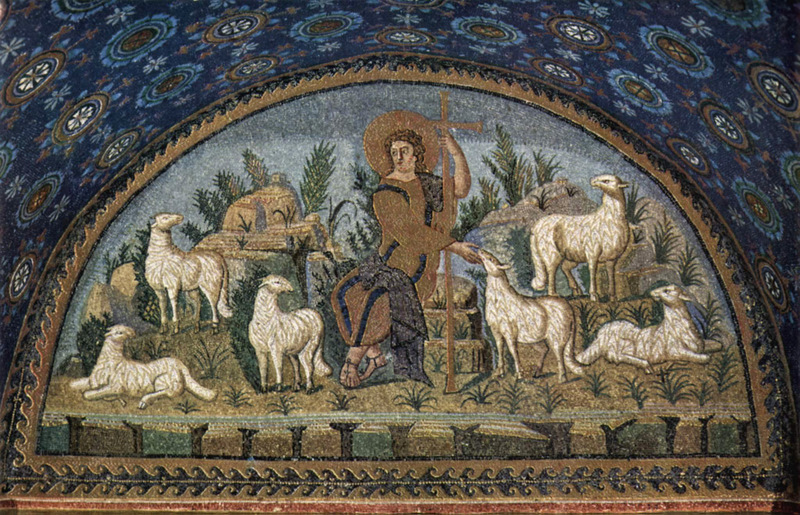Photo by Sissi Zhang on Upsplash // Post by Jory Mickelson
We are entering into a new month. The origins of the word April are uncertain. The Latin aperire means “to open.” This could refer to the opening of spring flowers, or to something lost to us entirely in the modern world. But April is a time of opening. The skies open to let down showers. The earth opens to send up green life. Our word for the month of April is REVIVE.
Revive is a kind of restoration to life or consciousness. It means to regain life or strength. Or what we give strength or energy to. To renew in the mind or memory. To become active or flourishing again.
And nature all around us is growing, restoring, showing off what it does best.
What we can begin to ask ourselves this month is where are the dark and dusty spots within ourselves? What have we put off or put away for too long? Is there something within us that is crying for our attention, our energy, or our care?
This isn’t an exercise in doom and gloom. This kind of thinking can be a joyful undertaking. This is an opportunity for us to lavish our time and our nurturing on something that we usually don’t give our time or nourishment to.
Is there a hobby you have put aside that used to bring you joy? Is there an activity you haven’t done in “a dog’s age” that you used to give you life? These count. These may especially count in the riotous goings on in the season.
Take a moment and ask yourself what needs to be restored within you. Make it a small prayer, like the Psalmist when they say: Will you not revive us again, that your people may rejoice in you? (Psalm 85:6). Rejoice! Not punish. Not talk down. Not berate for forgetting about or avoiding or letting go. Revive something that causes you to REJOICE! Something that gives you and others delight!
During my childhood, every Easter basket included an inexpensive kite. In the weeks that followed, I would stand in a windy field and fly it as high as the air would carry it. It was a joyful way to spend time outdoors. It was a delight to see the kite dive and dip and maybe even come crashing to earth! Maybe I DO need to go fly a kite again. Maybe you do too.
One small delight I have been focused on is writing small messages in the skin of the banana my spouse takes to work with him. He doesn’t see the notes when he leaves, but when he goes to eat his breakfast, his banana is telling him “I love you” or some other sentiment. It lets him know that he is being thought of, being payed attention to, being revived in my mind on a daily basis.
Where can you add joy and delight to your own life and to the lives of others? Let April be the season in which we all begin!



















